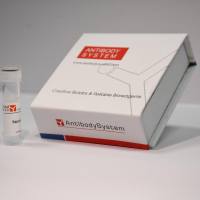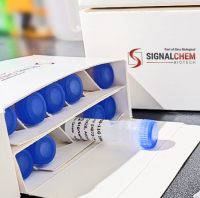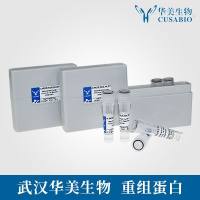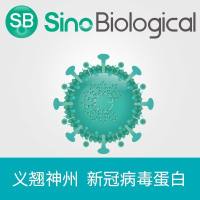Induction of p53 Protein as a Marker for Ionizing Radiation Exposure In Vivo
互联网
互联网
相关产品推荐

InVivoMAb 抗小鼠 CD274/PD-L1/B7-H1 Antibody (10F.9G2),InVivo体内功能抗体(In Vivo)
¥2700

p53重组蛋白|p53 Protein, Human
¥2580

Recombinant-Mouse-Radiation-inducible-immediate-early-gene-IEX-1Ier3Radiation-inducible immediate-early gene IEX-1 Alternative name(s): Immediate early protein GLY96 Immediate early response 3 protein
¥10136

赛默飞世尔Thermo Fisher 曝光盒 EXPOSURE BOX 货号:T_701UVP76005501
¥1200

Coronavirus Nucleocapsid重组蛋白|Recombinant SARS-CoV-2 Nucleocapsid-AVI&His recombinant Protein,Biotinylated
¥4520
相关问答

